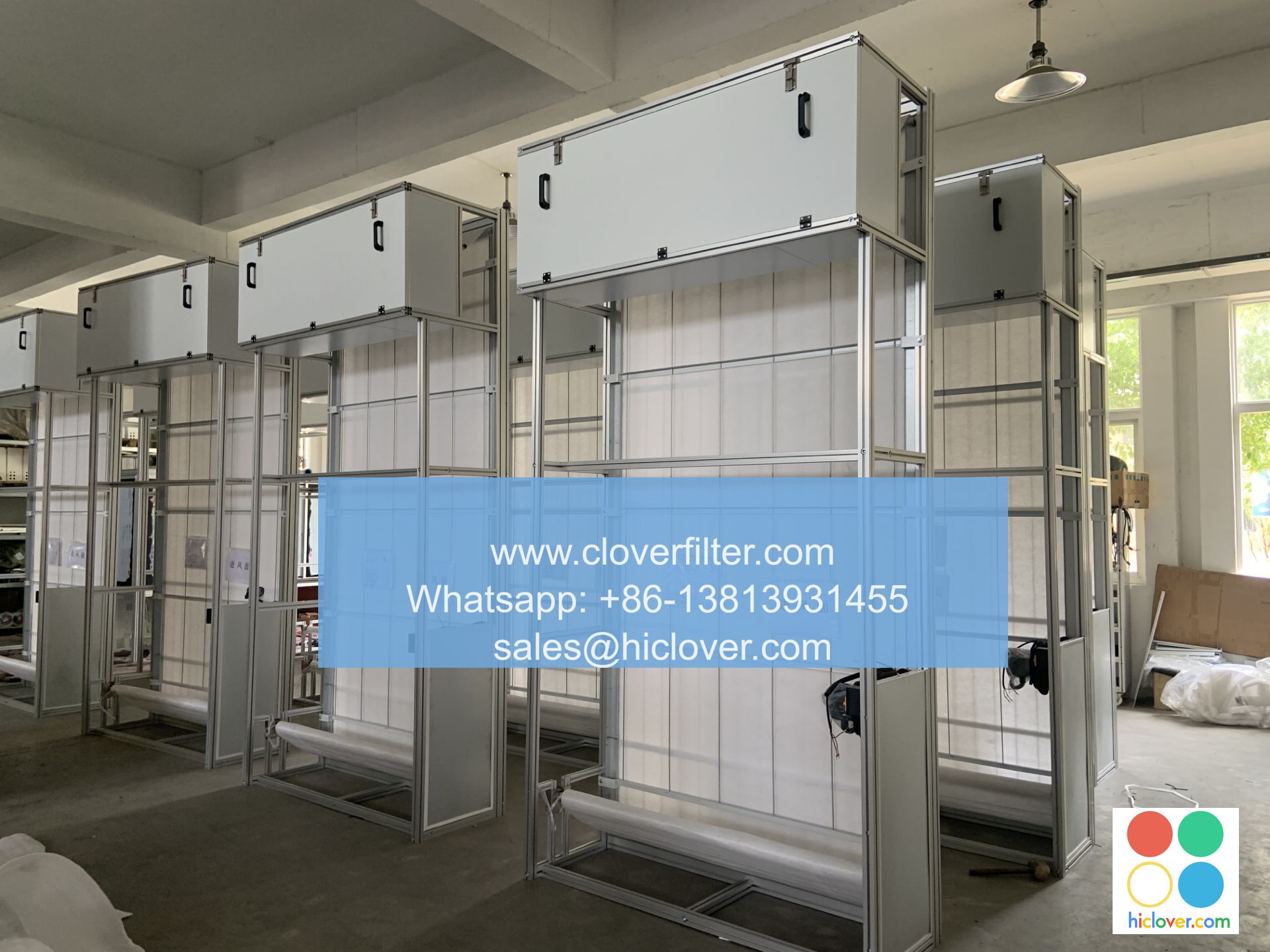The Ultimate Guide to Weighing Hood Prices: A Comprehensive Review

The Ultimate Guide to Weighing Hood Prices: A Comprehensive Review
Introduction
When it comes to weighing hoods, accuracy and reliability are crucial. Whether you’re a manufacturer, a retailer, or a customer, understanding the intricacies of hood pricing can make all the difference in making informed decisions. In this article, we’ll delve into the world of weighing hoods, exploring the various factors that influence their prices, and provide a comprehensive review of the different types of weighing hoods available in the market.
What is a Weighing Hood?
A weighing hood, also known as a weighing cell or balance, is a device designed to measure the weight or mass of an object. Its accuracy and precision are crucial in various industries, including manufacturing, scientific research, and quality control. Weighing hoods are available in various shapes, sizes, and types, each catering to specific applications and industries.
Types of Weighing Hoods
Weighing hoods can be broadly classified into two main categories: Analytical Balances and Precision Scales.
Analytical Balenses
Analytical balances are designed for precision and accuracy, making them ideal for laboratories, research institutions, and quality control applications. They are known for their high sensitivity, excellent linearity, and ability to measure weights in small increments. Examples of analytical balances include digital balances, beam balances, and ultra-high precision balances.
Precision Scales
Precision scales, on the other hand, are designed for everyday use and are suitable for general-purpose applications, such as retail and industrial settings. They are less sensitive than analytical balances but still offer high accuracy and reliability. Examples of precision scales include mechanical scales, spring balances, and digital scales.
Factors Affecting Weighing Hood Prices
Several factors contribute to the pricing of weighing hoods, including:
Accuracy and Precision
Higher accuracy and precision come at a higher cost. Analytical balances, with their ability to measure small increments, are generally more expensive than precision scales.
Capacity
The greater the capacity of a weighing hood, the higher its price. For instance, a balance with a capacity of 500 kg will be more expensive than one with a capacity of 50 kg.
Type of Weighing Technology
The type of weighing technology used, such as digital or mechanical, affects the price. Digital balances are often more expensive than mechanical ones.
Brand and Quality
The reputation of the manufacturer, build quality, and warranty offered also impact the price of a weighing hood.
Application and Industry
The specific application and industry using the weighing hood also play a significant role in determining its price. For instance, laboratory balances may be more expensive than industrial scales.
Conclusion
Weighing hoods are critical instruments in various industries, and their pricing depends on several factors, including accuracy, capacity, type of technology, brand, and application. By understanding these factors, you can make informed decisions when selecting the right weighing hood for your needs. Whether you’re a manufacturer, retailer, or customer, this guide has provided you with a comprehensive review of the world of weighing hoods.
Key Takeaways:
- Analytical balances are ideal for laboratory and research applications, while precision scales are suitable for general-purpose applications.
- Accuracy and precision, capacity, type of weighing technology, brand, and application all influence the price of a weighing hood.
- By considering these factors, you can select the right weighing hood for your specific needs and budget.
Additional Resources:
For more information on weighing hoods, including product reviews and comparisons, please visit our Weighing Hood Resource Center.
I’m happy to help! What would you like to talk about or what prompt would you like me to respond to?


